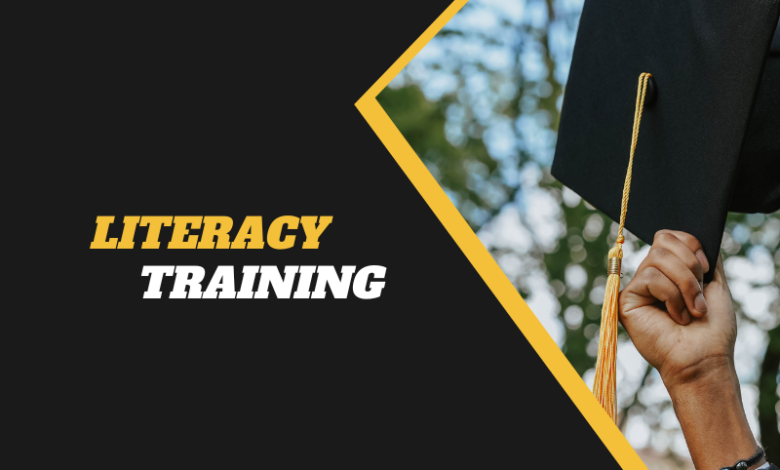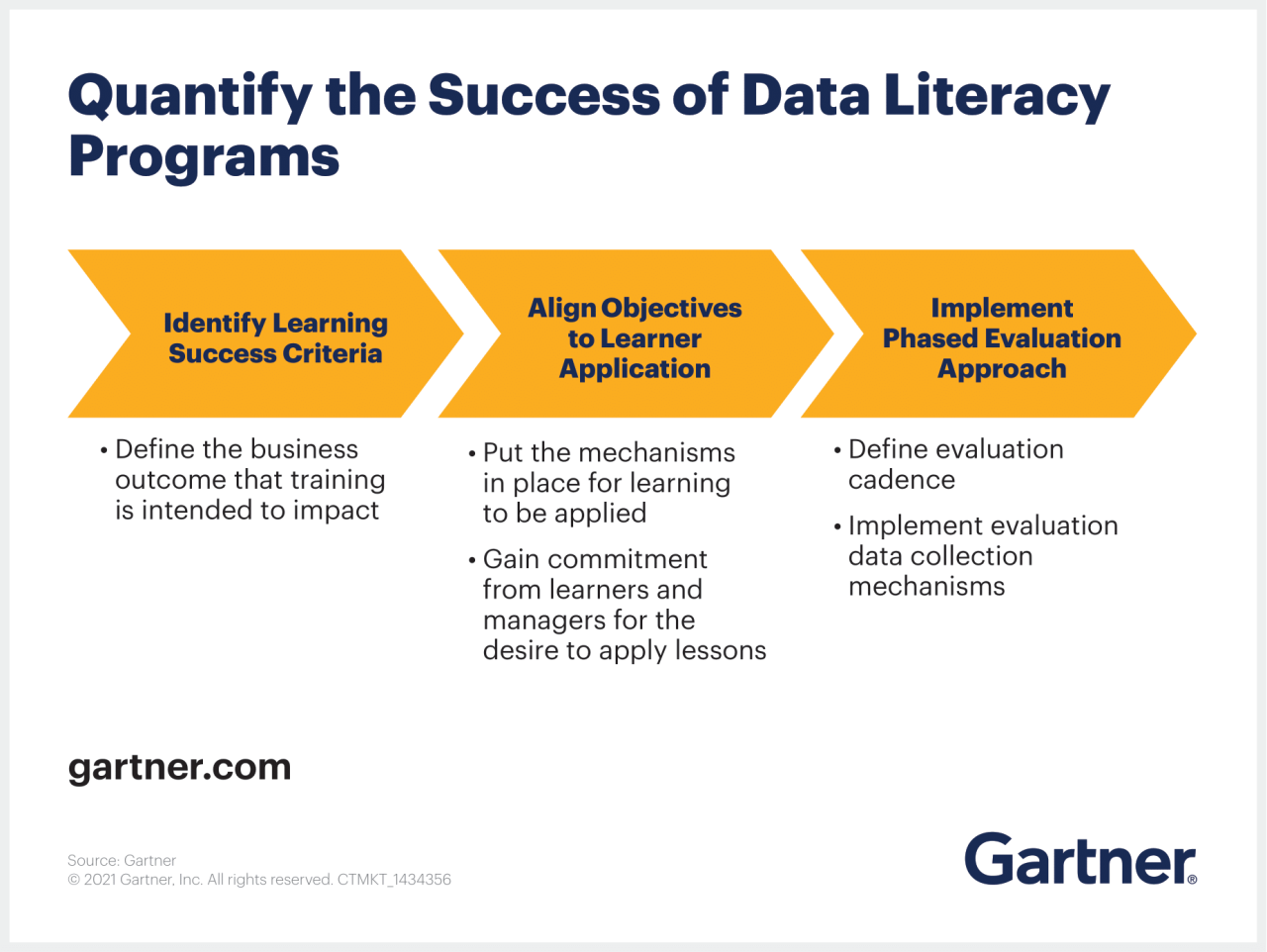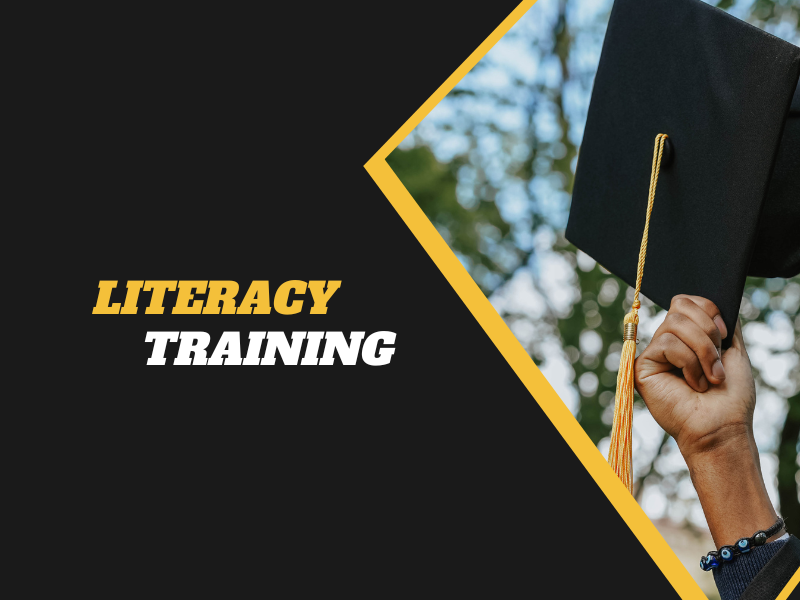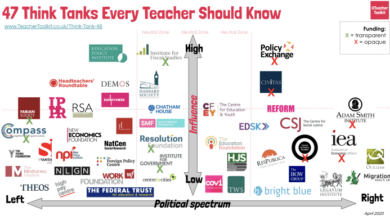
Mississippi Partners with AIM Institute for Customized Literacy Training
Mississippi Partners with AIM Institute for Customized Literacy Training is a groundbreaking initiative aimed at improving literacy rates in the state. The partnership recognizes the critical need to address the literacy challenges faced by Mississippi students, particularly those from disadvantaged backgrounds.
This collaboration brings together the expertise of the Mississippi Department of Education and the AIM Institute, a leading organization in literacy education.
The AIM Institute’s innovative approach to literacy instruction, coupled with the Mississippi Department of Education’s commitment to improving educational outcomes, creates a powerful force for positive change. This partnership promises to equip educators with the tools and strategies they need to effectively address the diverse learning needs of Mississippi students.
Literacy Needs in Mississippi

Mississippi faces significant literacy challenges, impacting students’ academic success and future opportunities. The state consistently ranks among the lowest in national literacy assessments, highlighting the urgent need for effective interventions. This partnership aims to address these challenges by providing customized literacy training to educators and students.
Mississippi’s Literacy Challenges
Mississippi’s literacy challenges are multifaceted, stemming from a complex interplay of factors. Students in the state face numerous obstacles that hinder their ability to read and comprehend effectively.
- Low Reading Proficiency Rates:Mississippi consistently ranks among the lowest in national literacy assessments. According to the National Assessment of Educational Progress (NAEP), only 32% of Mississippi fourth-graders scored at or above proficient in reading in 2022. This signifies a significant gap in reading skills compared to the national average of 35%.
- High Poverty Rates:Mississippi has the highest poverty rate in the nation, with nearly 1 in 5 residents living below the poverty line. Poverty is directly linked to literacy challenges, as children from low-income families often lack access to books, educational resources, and enriching learning environments.
Mississippi’s commitment to boosting literacy rates through its partnership with the AIM Institute is a welcome initiative. However, it’s hard to ignore the broader economic context, with the news that the U.S. economy shrank again in the second quarter, reviving recession fears.
While Mississippi’s focus on literacy is crucial for individual success, addressing the economic challenges facing the nation will be essential for creating a future where everyone can thrive.
- Limited Access to Quality Early Childhood Education:Early childhood education plays a crucial role in fostering literacy development. However, Mississippi has a limited number of high-quality early childhood programs, particularly in rural areas. This lack of access to quality early education can significantly impact children’s literacy skills before they even enter kindergarten.
- Teacher Shortages and Turnover:Mississippi faces a chronic shortage of qualified teachers, particularly in reading and literacy instruction. This shortage contributes to inconsistent instruction and limited opportunities for individualized support for struggling readers.
Demographics Impacted by Literacy Issues
The impact of literacy challenges in Mississippi disproportionately affects certain demographic groups, exacerbating existing inequalities.
- African American Students:African American students in Mississippi consistently score lower on literacy assessments than their white counterparts. This disparity highlights the systemic barriers and inequities faced by Black students in accessing quality education and achieving literacy proficiency.
- Students in Rural Areas:Students in rural areas of Mississippi often experience limited access to resources, including qualified teachers, advanced technology, and a variety of reading materials. This lack of access can significantly hinder their literacy development.
- Students with Disabilities:Students with disabilities in Mississippi face unique challenges in achieving literacy proficiency. They often require individualized instruction and specialized support, which can be difficult to access in resource-constrained school systems.
Rationale for the Partnership, Mississippi partners with aim institute for customized literacy training
The partnership between Mississippi and AIM Institute is crucial to address the state’s literacy challenges. By providing customized literacy training, the partnership aims to equip educators with the necessary skills and knowledge to effectively support students’ reading development.
- Empowering Educators:The partnership provides teachers with evidence-based literacy instruction strategies, tailored to the specific needs of Mississippi students. This training empowers educators to implement effective teaching practices that foster a love of reading and improve student outcomes.
- Addressing Individualized Needs:The customized training allows educators to tailor their instruction to meet the unique needs of each student. This personalized approach ensures that all students, regardless of their background or learning style, have the opportunity to succeed in reading.
- Building a Sustainable System:The partnership aims to create a sustainable system of literacy support in Mississippi. By providing ongoing training and resources, the partnership empowers educators to become lifelong learners and champions for literacy.
Implementation and Evaluation

The successful implementation of the customized literacy training program in Mississippi hinges on a well-defined plan and a robust evaluation strategy. This section will Artikel the implementation plan, discuss the strategies for evaluating the effectiveness of the training programs, and identify key metrics and data points used to assess program success.
Mississippi’s partnership with the AIM Institute for customized literacy training is a fantastic step towards empowering its citizens. It’s all about equipping them with the skills they need to thrive in today’s world, and research shows that investing in others, like science says the more of this you give the happier youll be hint its not money , leads to a deeper sense of well-being.
This initiative will undoubtedly benefit both individuals and the state as a whole, fostering a more literate and prosperous Mississippi.
Implementation Plan
The implementation plan will involve a series of steps to ensure the training program is effectively rolled out and delivered to participants. These steps include:
- Needs Assessment and Program Design:The first step is to conduct a comprehensive needs assessment to identify the specific literacy needs of the target population in Mississippi. This will inform the design of the customized training program, ensuring it addresses the identified gaps and challenges.
- Training Materials Development:Based on the needs assessment, the training materials will be developed using a variety of formats and modalities, such as online learning platforms, workshops, and in-person coaching sessions. These materials will be tailored to the learning styles and preferences of the participants.
- Trainer Recruitment and Training:Qualified and experienced trainers will be recruited and trained to deliver the customized literacy training program. This will ensure that the training is delivered effectively and consistently across all participants.
- Participant Recruitment and Enrollment:A comprehensive recruitment strategy will be implemented to reach the target population and encourage their participation in the training program. This may involve collaborating with community organizations, schools, and other relevant stakeholders.
- Training Delivery and Support:The training program will be delivered in a supportive and accessible environment, providing participants with the necessary resources and guidance to succeed. This may include providing childcare, transportation, and other logistical support.
- Monitoring and Feedback:Regular monitoring and feedback mechanisms will be established to track the progress of the training program and identify any areas for improvement. This will ensure that the program remains relevant and effective over time.
Evaluation Strategies
Evaluating the effectiveness of the customized literacy training program is crucial to ensure its impact and identify areas for improvement. The evaluation strategy will involve a combination of quantitative and qualitative methods to assess the program’s outcomes and impact.
Mississippi’s partnership with AIM Institute for customized literacy training is a fantastic step towards improving educational outcomes. While I’m focusing on literacy, I can’t help but think about escaping to a breathtaking mountain paradise like the Ritz-Carlton Lake Tahoe , where stunning views and luxurious amenities await.
But back to Mississippi’s literacy initiative, it’s truly inspiring to see the state investing in such crucial programs to empower its citizens.
- Pre- and Post-Training Assessments:Pre- and post-training assessments will be conducted to measure the participants’ literacy skills before and after the training program. This will help to determine the extent to which the training has improved their literacy skills.
- Participant Surveys and Interviews:Participant surveys and interviews will be conducted to gather feedback on the training program, including its effectiveness, relevance, and accessibility. This will provide valuable insights into the participants’ experiences and perspectives.
- Focus Groups:Focus groups will be organized to facilitate discussions among participants and stakeholders about the training program. This will provide a platform for sharing experiences, identifying challenges, and suggesting improvements.
- Case Studies:Case studies will be conducted to document the experiences of individual participants and highlight the impact of the training program on their lives. This will provide compelling evidence of the program’s effectiveness and inspire others.
- Data Analysis and Reporting:The data collected through the evaluation process will be analyzed and reported to identify trends, patterns, and areas for improvement. This will inform program adjustments and ensure its ongoing success.
Key Metrics and Data Points
The evaluation process will focus on a range of key metrics and data points to assess the program’s success. These include:
- Literacy Skills Improvement:The primary metric will be the improvement in participants’ literacy skills, as measured by pre- and post-training assessments. This will include measures of reading comprehension, writing skills, and vocabulary.
- Participant Satisfaction:Participant satisfaction will be assessed through surveys and interviews, focusing on their perceptions of the training program’s relevance, effectiveness, and accessibility.
- Program Completion Rates:The completion rates of the training program will be tracked to assess the program’s effectiveness in engaging and retaining participants.
- Long-Term Impact:The long-term impact of the training program will be assessed through follow-up surveys and interviews with participants, focusing on their employment outcomes, educational attainment, and overall well-being.
Future Implications: Mississippi Partners With Aim Institute For Customized Literacy Training
The partnership between Mississippi and AIM Institute has the potential to significantly impact the state’s education system and serve as a model for other states looking to address literacy challenges. By implementing customized literacy training, Mississippi can achieve long-term improvements in student literacy, teacher effectiveness, and overall educational outcomes.
Impact on Mississippi’s Education System
The long-term impact of this partnership on Mississippi’s education system can be profound. By providing teachers with the skills and knowledge necessary to effectively teach literacy, the partnership can:
- Improve student reading and writing abilities across all grade levels.
- Reduce the achievement gap between different student populations.
- Increase high school graduation rates and college readiness.
- Prepare students for success in the workforce and contribute to a more competitive economy.
These positive outcomes can lead to a more engaged and successful student population, contributing to a stronger workforce and a more vibrant economy.
Scaling the Program to Other States
The success of the partnership between Mississippi and AIM Institute can serve as a model for other states facing similar literacy challenges. The customized literacy training program can be adapted and implemented in other states, providing them with a framework for addressing their unique needs.
Challenges and Opportunities for Future Development
While the partnership offers significant potential, it’s crucial to address potential challenges and capitalize on opportunities for future development.
Challenges
- Sustaining funding:Continued funding is essential to ensure the long-term success of the program. States need to prioritize funding for literacy initiatives and secure long-term commitments from stakeholders.
- Teacher buy-in:Ensuring that teachers are receptive to and actively participate in the training program is crucial. This requires ongoing support, professional development, and opportunities for collaboration.
- Data collection and evaluation:It’s essential to collect and analyze data to assess the program’s effectiveness and make adjustments as needed. This requires establishing clear metrics and a robust data collection system.
Opportunities
- Technology integration:Integrating technology into the training program can enhance its effectiveness and reach. This includes using online platforms for delivering instruction, providing access to digital resources, and utilizing data analytics to track student progress.
- Partnerships with community organizations:Collaborating with community organizations can provide additional support to students and families. This could include partnerships with libraries, after-school programs, and parent-teacher associations.
- Research and innovation:Continuing to research best practices in literacy instruction and incorporating new findings into the program can ensure its ongoing relevance and effectiveness. This includes staying abreast of advancements in the field and exploring innovative approaches to literacy education.
Epilogue

This partnership is a testament to the power of collaboration in addressing complex educational challenges. By combining the resources and expertise of the Mississippi Department of Education and the AIM Institute, this initiative holds the potential to significantly improve literacy rates in Mississippi and pave the way for a brighter future for generations to come.
The customized literacy training programs are designed to empower educators, enhance student engagement, and ultimately create a more equitable learning environment for all Mississippi students.






